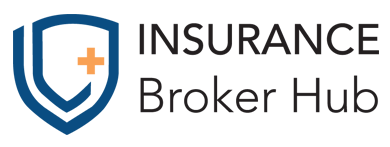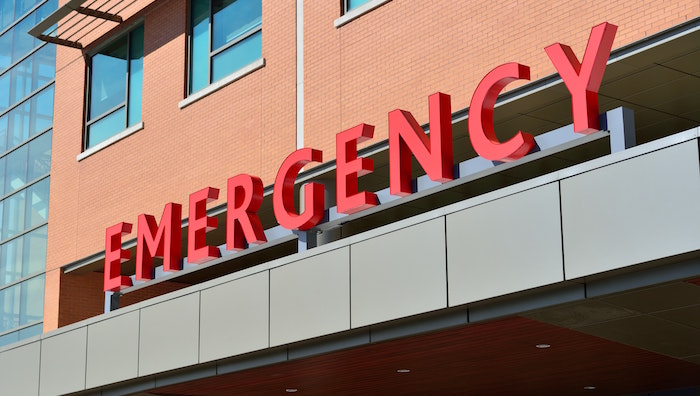Americans may have not gotten a $2,000 check in the latest COVID relief package, but they may have gotten something better—an end to surprise medical billing. A practice lamented for its lack of transparency, hospitals and providers will need to end the practice of surprise billing for out-of-network emergency care by 2022.
Long considered a bipartisan issue, the COVID Stimulus bill now includes a provision to end surprise billing. So what is surprise billing and how does the bill hope to address it? We explore this in greater detail below.
What is Surprise Billing?
Surprise billing happens when a patient receives care from an out of network provider. An issue faced by millions of Americans each year, researchers estimate that one in five emergency room visits result in surprise bills for a patient.
Criticized by many pundits as ‘adding insult to injury’, surprise billing can often result in hefty and unexpected bills for patients who receive care only to realize they’re on the hook for hundreds or even thousands of dollars.
Problems with Out-of-Network Emergency Billing
The problem with this, according to opponents, is the lack of clarity. Often, this can fall into one of two categories:
- A patient will go to an in-network hospital or urgent care, only to receive care from an out-of-network provider sometime in the process.
- A patient will go to an out-of-network hospital in an emergency, receiving care from an out-of-network provider or non-emergency care after the fact.
In the first example, a patient will go to a hospital that accepts their insurance but get treated there by an emergency room physician who doesn’t (i.e. anesthesiologist or ambulance service). Such doctors often bill those patients for large fees, far higher than what health plans typically pay.
The latter example is a bit different. As defined in the ten essential health benefits, insurance plans can’t require higher copayments or coinsurance for patients who receive emergency care (i.e. if you have a heart attack, paramedics take you to the nearest hospital for treatment; if it’s out-of-network, you will be charged in-network copayment and coinsurance). However, you still could be balance billed for out-of-network services considered separate from the emergency.
Surprise Bills Lead to Balance Billing
Often, unexpected out-of-network bills lead to balance billing. Balance billing occurs when you receive care from an out-of-network provider whose fees exceed an insurer’s out-of-network maximum for the service. For example, a hospital will bill $100K and the insurer covers $60K. The patient is on the hook for the remaining $40K.
Often, this wasn’t egregious—the average surprise charge for an emergency room visit is just above $600. Unfortunately, some patients saw charges add up.
How the Bill Seeks to Address Surprise Billing
Surprise billing has long been a concern on both parties, with the reddest of red and bluest of blue states trying to address this on a local level. Several states including Texas, New York, California and New Jersey have passed laws to help shield consumers from surprise bills and balance billing.
But until now, not much changed, with many lawmakers disagreeing on how to fix it. Hospitals and doctors had fought back against changes, spending millions in advertising to fight against it. Insurance companies and self-insured employers fought for this, looking for more negotiating power.
Though many opposed the complexity of the 5,593-page spending bill, the acceptance of this provision was something celebrated by both American Enterprise Institute and Families USA. Initially called the No Surprises Act, this provision does the following:
- Billing Patients on In-Network Rate for Emergency Medical Care: Requires health plans to hold patients harmless from surprise medical bills. Patients are only required to pay the in-network cost-sharing amount for out-of-network emergency care, for certain ancillary services provided by out-of-network providers at in-network facilities, and for out-of-network care provided at in-network facilities without the patient’s informed consent.
- Out-of-Network Costs to be Attributable to In-Network Deductible: Requires that out-of-network surprise bills are attributed to a patient’s in-network deductible. Ensures that patients are kept out of the middle of provider-plan billing disputes. While plans are required to make payment to providers, there is no upfront federally-set benchmark.
- Prevent Air Ambulance Services from Sending Patients Surprise Bills More than In-Network Amounts: Patients are only required to pay the in-network cost-sharing amount for out-of-network air ambulances (including attributing the bill to the in-network deductible). Air ambulances are barred from sending patients balance bills for more than the in-network cost-sharing amount. (Ground transport not included)
- 72–Hour Notice of Estimated Charges: The bill also requires health plans to provide an Advance Explanation of Benefits for scheduled services at least three days in advance to give patients transparency into which providers are expected to provide treatment, the expected cost, and the network status of the providers.
- Timely Bills for Patients: Requires health care facilities and practitioners to give patients a list of services received upon discharge or end of a visit or by postal or electronic communication as soon as practicable and not later than 15 calendar days after discharge or date of visit.
Set to take place by 2022, you can learn more about the details here.
Understanding Your Options: Insurance Broker Hub is Here for You
Though this bill will deliver transparency and hopefully put an end to surprise billing, remember this: Surprise billing only affects the insured. The uninsured are on the hook for every penny.
Few Americans are ready for the out of pocket costs that would come from emergency care, with hospital stays often costing five- or six-figures. And that’s why getting covered matters—you buy insurance when you don’t need to use it in the event that you do need it.
Though you may have missed the Open Enrollment deadline, you still have options available to you—and we’re here to help.
Finding health insurance is still one of those things that is a mystery for many Americans, and if you’re looking for help understanding your options, we’re here for you.
Our free service gives you access to an independent network of national brokers who have the experience and expertise to design a plan around your needs and budget. Ready to get started? Simply request a no obligation health insurance quote here.
Additional Health Insurance Resources
Should You Consider a Health Savings Account in Your Insurance?


